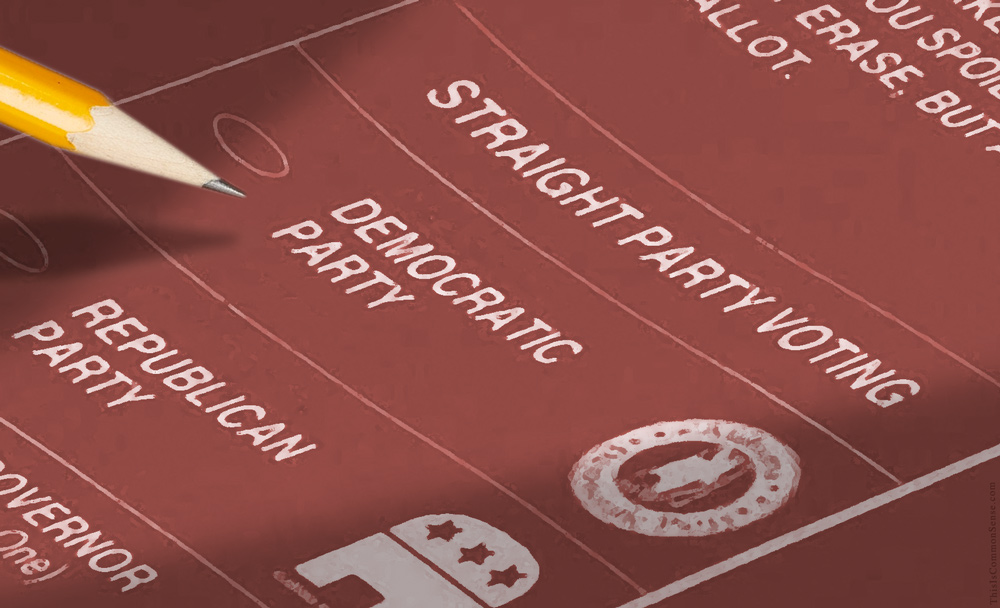Last week, Idaho’s Senate Bill 1159 — “the bill to make it much harder to qualify a voter initiative or referendum for the Idaho ballot,” as the Idaho Press summarized it — passed the Senate on the narrowest 18 – 17 vote.
Now headed to the House, the legislation would
- nearly double the number of voter-signed petitions to place an initiative onto the ballot
- reduce the time to gather those signatures by a whopping two-thirds
- throw up numerous additional hurdles
What’s the point?
The state already has one of the most arduous petition processes in the nation for qualifying a citizen initiative for the ballot. Moreover, without passing any new law, Idaho legislators currently have and have always had a 100 percent veto on any citizen-initiated measure enacted by voters.
Idahoans cannot place constitutional amendments on the ballot through their citizen initiative, only statutes. And any statute voters pass can then immediately be repealed by a simple majority of legislators. Or amended any which way those solons so desire.
So, again, why the need for politicians to pull up the ladders?
Senate Republicans claim — in a news release headlined, “Setting the record straight on initiative bill” — to be “concerned about the integrity, transparency and fairness of the initiative process.”
What does heightening all the hurdles to trip up citizens have to do with integrity, transparency or fairness?*
Voting on an issue is “unfair” to whom … legislators?
Holding all the trump cards, Idaho senators still didn’t want the people to have a say. The politicians are scared to death of democracy.
Which is why we need more, not less.
Certainly not none.
This is Common Sense. I’m Paul Jacob.
* I do acknowledge that the bill is transparently awful.

—
See all recent commentary
(simplified and organized)










